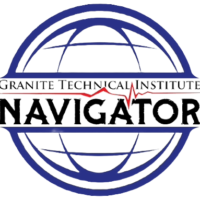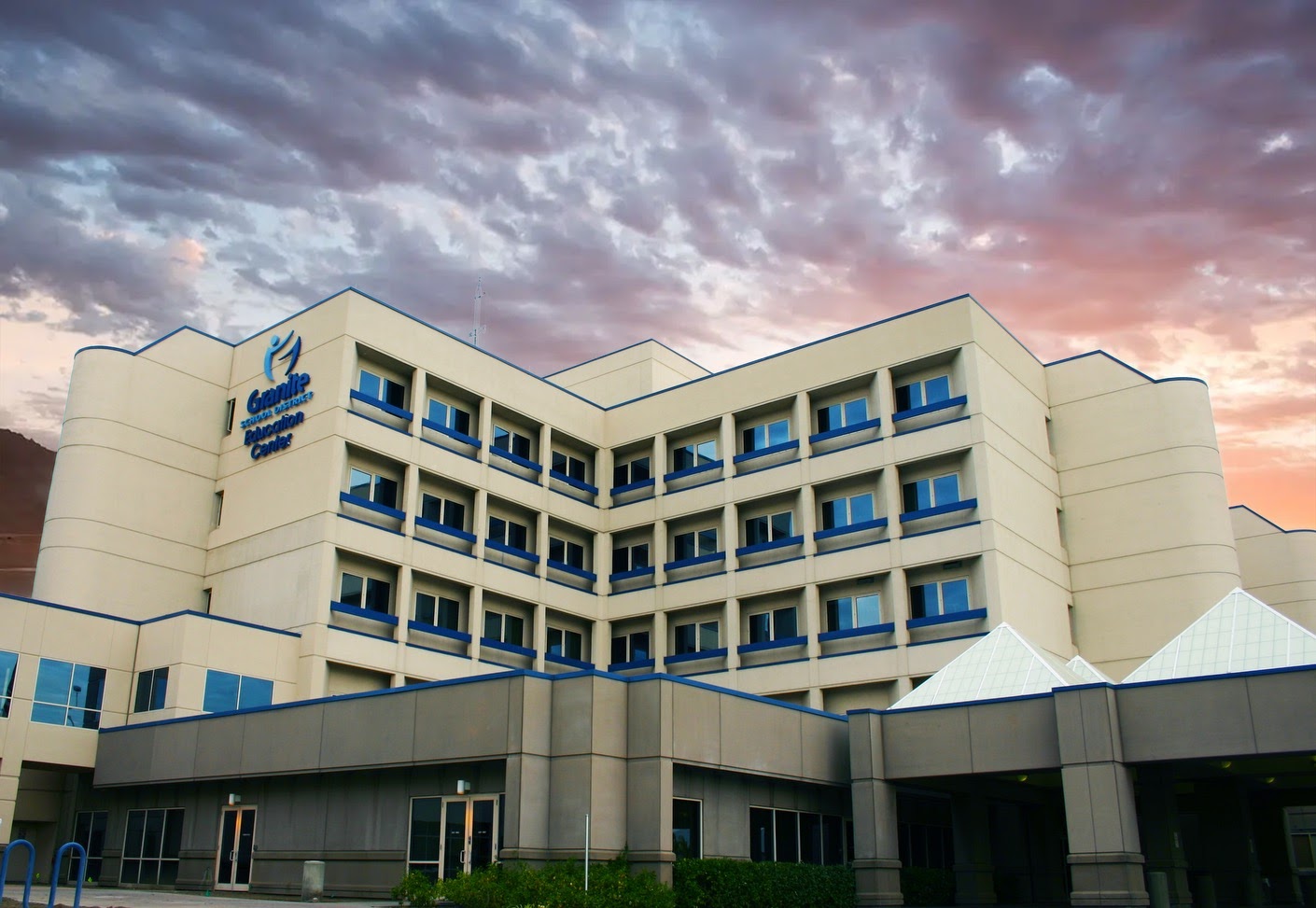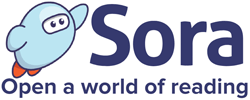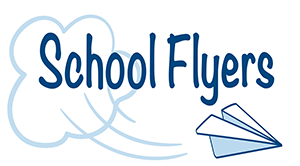Information technology programs include the study, design, development, implementation, support and/or management of computer hardware, software applications, multimedia, computer-based information systems, and integration services. Information technology coursework is divided into four specialty strands. These include: Information Support & Services, Interactive Media, Network Systems, Programming and Software Development. Students may choose to take a sequence of courses in one specialization strand or they may take courses across each strand to gain a broader understanding of the information technology industry.
Classes Offered:
Computer Programming 1
This semester course is an introduction to computer programming using C#. Students will learn problem solving and object-oriented programming as they design code and test your own programs. Students will learn C# syntax, graphical user interface (GUI) and simple control and data structures. Students will produce a graphical game as their final project.
Computer Programming 2
This course is designed to learn the JAVA programming language. It is a suitable class for advanced computer programmers who plan to further their information technology education in preparation for college and the workforce. In addition, this course is designed to take programming concepts and implement them into mobile device technology. Emphasis will be on completing individual and team based projects that demonstrate a student’s ability to grasp new cell phone technology. Students will build customized user interactive text message, GPS map location, voice recorder, and game mobile applications.
Computer Programming Projects
This is an advanced computer course for students who have completed Computer Programming 1 and 2 or Advanced Web Development. Students will learn to read and code HTML web pages, program in PHP scripting language and use the relational database MySql. This course is designed to help students acquire marketable skills
Intro To Web Development
This course is designed for students who desire an introduction to web development pages using HTML, XHTML, Dynamic HTML, tables, frames, input forms and cascading style sheets. Prior web development is not a requirement for this course. Students will build their own personal websites and maintain their on-going structure and design changes.
Advanced Web Development
This course is designed to take fundamental concepts and technologies used in web development such as XML, XHTML and create more sophisticated web sites. Focus will be on completing team web-based projects that incorporate multimedia, JavaScript and Java Applets. Student will analyze different web designs and use more complex web tools that may include other technologies and mobile devices. Students in this class will maintain a real world website and be responsible for providing new content and functionality.
Intro To 3D Animation
This semester course offers an entry-level study of the basic principles of 3D and 2D animation. Subject matter includes: 2D animation, timing, secondary motion, stretch & squash, basic 3D modeling, texturing, lighting, UV mapping, rigging and animating a model. This course emphasizes artistic principles for those students interested in the 3D Industry. Students will learn basic principles such as layout and design, color theory, and basic drawing skills. In addition, animation planning, storyboard development, and the production process will be a large part of the course.
Advanced 3D Animation
This semester course offers an advanced level study of the principles of 3D and 2D animation. This course is designed to prepare students for entry into an internship or a college course with the skills necessary to succeed in industry. Subject matter includes: advanced polygonal modeling, nurbs modeling, advanced techniques for both game and movie industries, advanced lighting and texture, dynamics, environmental construction, advanced character rigging and animation. This course expounds on the instructional principles taught during the Intro to Animation class, but gives more time for student projects and critique. Students will continue to apply the art principles learned during the intro class, and the principles will be critiqued and applied in their final projects.
Digital Media 2 (Projects Class)
This semester course offers seniors an opportunity to create and complete a portfolio necessary for internships, college programs and the job application process. Students will have the opportunity to work with real world situations, producing products for both the school district and local businesses, helping to give substance to their portfolios. Students will be critiqued every two weeks to measure their progress, quality of work, and to receive direction as to the overall layout, design and professionalism of the end product. This class is designed after a senior level college studio class to prepare students for what they will encounter in college. In addition, this course will help students complete all necessary paperwork for entrance into college or an internship program.
Computer Maintenance (A+)
In this course, students practice troubleshooting, maintenance, and upgrade of PCs. Course content covers setup, memory management, data back-up, and hardware/software diagnostic procedures. The course is designed to prepare students for the Comp TIA A+ certification exam. A+ certification is a testing program that certifies the competency of entry-level (9 months experience) service technicians in the computer industry. Earning A+ certification means that the individual possesses the knowledge, skills, and customer relation skills essential for a successful entry-level computer service technician as defined by experts from companies across the industry.
Linux Fundamentals
This semester course introduces students to the SLES11 Linux operating system. Students will learn initial concepts, installation, administration, system management, X-window system, TCP/IP, SAMBA for both workstations and servers. This course also prepares the student for the CompTIA Linux+ certification exam
Basic Networking
This course focuses on basic networking terms and concepts, the OSI model, transmission media, and protocols used by various vendors in LAN and WAN network implementation. This course is designed to prepare students for the CompTIA Network+ certification exam and is equivalent to 6 months of full time experience working with Peer-to-Peer and Server Client networks. Also, students will be introduced to CCENT (Beginning Cisco Certification). Students will learn to describe the operation of data networks, implement small switched networks, implement an IP addressing scheme and IP services to meet network requirements for a small branch office, implement small routed networks, explain and select administrative tasks requires for a WLAN, identify security threats to a network and describe ways to mitigate those threats, and implement WAN links.






